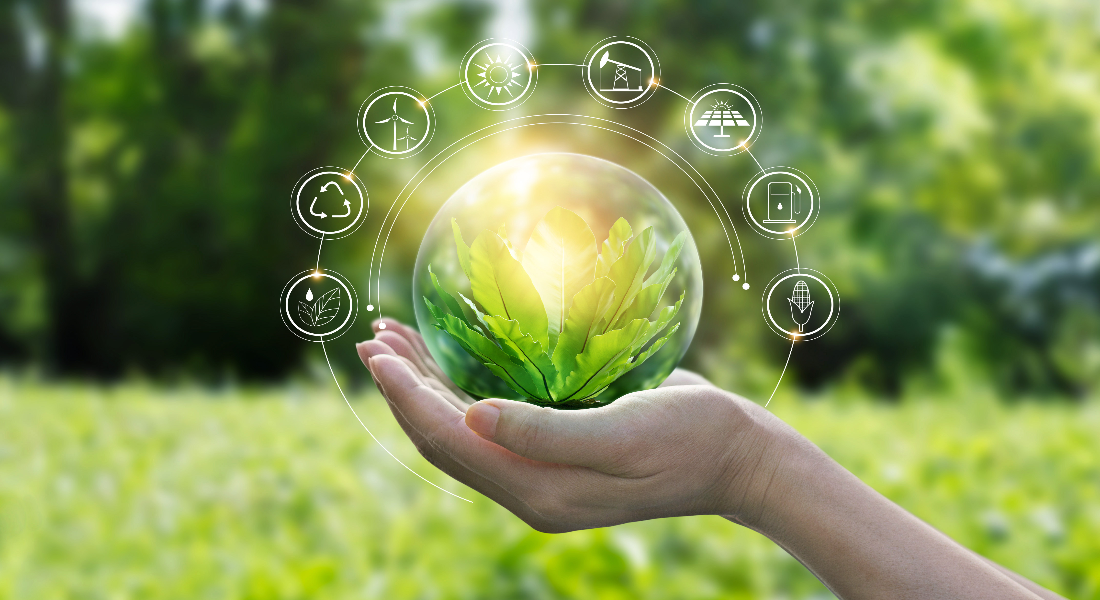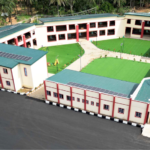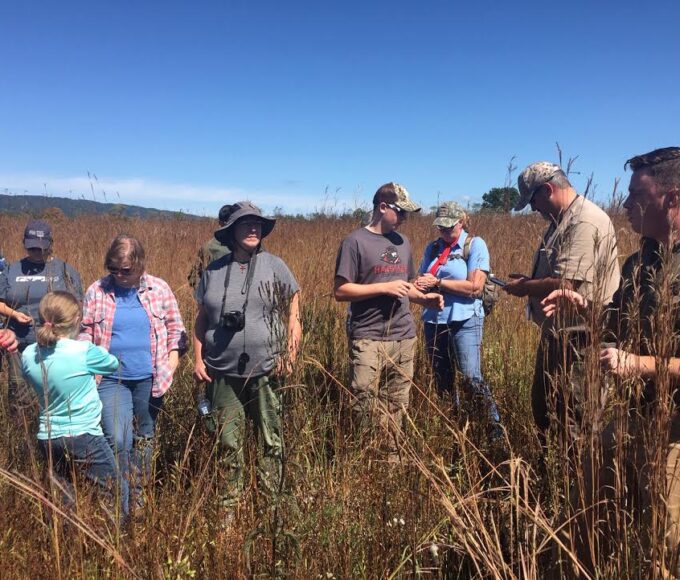- Home
- Features
- Startup Zone
- Projects
- Policies
- Shop
- Policies
- Projects
- Startup Zone
- Country Spotlight
- Analysis
- Tech
- Policies
- Projects
- Startup Zone
- Country Spotlight
- Analysis
- More
- Beyond the Kalashnikov: Africa’s Shift Toward Technology-Driven Warfare
- Afrail Express: Uniting a Continent on Rails
- AFRICA’S ENERGY CORRIDORS: CONNECTING POWER, PEOPLE, AND PROSPERITY
- Startup Lions Campus: Empowering Kenya’s Digital Generation
- L’Art de Vivre’s Le Paradis de Mahdia: Tunisia’s Model for Sustainable Luxury
- The Lobito Corridor: Rewiring Africa’s Trade Arteries Through Strategic Infrastructure
- AFRICA’S GREEN ENERGY TRANSITION: A BEACON OF HOPE FOR CLIMATE ACTION
- Dangote Refinery: Showcasing Africa’s Project Success Story
- AFRICA GREEN ECONOMY: ALL YOU NEED TO KNOW
- The Most Important Amicus Brief in the History of the World
- The Rise of Indigenous UAVs: Africa’s Drone Capabilities in Warfare and Surveillance
- AFRICA’S LARGEST OIL PRODUCERS: A COMPREHENSIVE OVERVIEW
- Beyond the Kalashnikov: Africa’s Shift Toward Technology-Driven Warfare
- Afrail Express: Uniting a Continent on Rails
- AFRICA’S ENERGY CORRIDORS: CONNECTING POWER, PEOPLE, AND PROSPERITY
- Startup Lions Campus: Empowering Kenya’s Digital Generation
- L’Art de Vivre’s Le Paradis de Mahdia: Tunisia’s Model for Sustainable Luxury
- The Lobito Corridor: Rewiring Africa’s Trade Arteries Through Strategic Infrastructure
- AFRICA’S GREEN ENERGY TRANSITION: A BEACON OF HOPE FOR CLIMATE ACTION
- Dangote Refinery: Showcasing Africa’s Project Success Story
- AFRICA GREEN ECONOMY: ALL YOU NEED TO KNOW
- The Most Important Amicus Brief in the History of the World
- The Rise of Indigenous UAVs: Africa’s Drone Capabilities in Warfare and Surveillance
- AFRICA’S LARGEST OIL PRODUCERS: A COMPREHENSIVE OVERVIEW
- Beyond the Kalashnikov: Africa’s Shift Toward Technology-Driven Warfare
- Afrail Express: Uniting a Continent on Rails
- AFRICA’S ENERGY CORRIDORS: CONNECTING POWER, PEOPLE, AND PROSPERITY
- Startup Lions Campus: Empowering Kenya’s Digital Generation
- L’Art de Vivre’s Le Paradis de Mahdia: Tunisia’s Model for Sustainable Luxury
- The Lobito Corridor: Rewiring Africa’s Trade Arteries Through Strategic Infrastructure
- Startup Zone
Top Insights

AFRICA GREEN ECONOMY: ALL YOU NEED TO KNOW
Africa's transition towards a green economy is crucial for the continent's sustainable development and environmental protection.
As the world grapples with the challenges of climate change, environmental degradation, and sustainable development, the concept of a green economy has gained significant attention. Africa, with its vast natural resources, youthful population, and growing economies, is well-positioned to reap the benefits of a green economy. In this article, we will delve into the concept of a green economy, its importance, and how Africa can transition towards a more sustainable and environmentally-friendly economic model.

WHAT IS GREEN ECONOMY?
A green economy is an economic system that aims to reduce environmental risks and ecological scarcities, while promoting sustainable development and human well-being. It is based on the principles of sustainability, equity, and justice, and seeks to balance economic growth with social and environmental protection.
The United Nations Environment Programme (UNEP) defines a green economy as “an economy that results in improved human well-being and social equity, while significantly reducing environmental risks and ecological scarcities.”
WHY IS A GREEN ECONOMY IMPORTANT FOR AFRICA?
Africa is facing numerous environmental challenges, including climate change, deforestation, soil degradation, and water scarcity. These challenges threaten the continent’s natural resources, human health, and economic development.
Africa urgently needs a transition to a green economy for several compelling reasons:
- Environmental Degradation
Climate Change: Africa is highly vulnerable to climate change, with rising temperatures, changing rainfall patterns, and increased frequency of extreme weather events.
- Deforestation: Africa has lost significant forest cover due to deforestation, land degradation, and unsustainable land-use practices.
- Water Scarcity: Many African countries face water scarcity challenges, threatening food security, human health, and economic development.
Economic Benefits
- Job Creation: A green economy can create new job opportunities in sectors like renewable energy, sustainable agriculture, and eco-tourism.
- Economic Growth: A green economy can promote sustainable economic growth, reduce poverty, and increase competitiveness.
- Reduced Dependence on Fossil Fuels: Transitioning to renewable energy sources can reduce Africa’s dependence on fossil fuels, improving energy security and reducing trade deficits.
Social Benefits
- Improved Health: A green economy can reduce environmental pollution, promote healthy lifestyles, and improve access to clean water and sanitation.
- Food Security: Sustainable agriculture practices can improve food security, reduce malnutrition, and promote rural development.
- Reduced Poverty: A green economy can promote sustainable livelihoods, reduce poverty, and improve human well-being.
Global Cooperation and Support
- International Agreements: Africa can leverage international agreements like the Paris Agreement, the Sustainable Development Goals (SDGs), and the African Union’s Agenda 2063 to support its transition to a green economy.
- Global Funding and Investment: Africa can access global funding and investment opportunities to support green economy initiatives, such as the Green Climate Fund and the African Development Bank’s Green Growth Initiative.
Urgency and Timing
- Window of Opportunity: Africa has a narrow window of opportunity to transition to a green economy before locking into fossil fuel-based infrastructure and technologies.
- Climate Change Mitigation: The sooner Africa transitions to a green economy, the sooner it can reduce its greenhouse gas emissions and mitigate the impacts of climate change.
- Economic Competitiveness: Africa’s economic competitiveness depends on its ability to transition to a green economy, reducing its dependence on fossil fuels and promoting sustainable economic growth.
Indeed, Africa urgently needs a transition to a green economy to address environmental degradation, promote economic benefits, improve social welfare, and leverage global cooperation and support. The timing is critical, and Africa must seize the opportunity to transition to a green economy and ensure a sustainable future for its people.
AFRICA’S GREEN ECONOMY OPPORTUNITIES
Africa has numerous opportunities to transition towards a green economy, including:
- Renewable energy: Africa has an abundance of renewable energy resources, including solar, wind, hydro, and geothermal energy.
- Sustainable agriculture: Africa can promote sustainable agriculture practices, such as organic farming, agroforestry, and permaculture.
- Eco-tourism: Africa’s rich biodiversity and natural heritage can be leveraged to promote eco-tourism and sustainable tourism practices.
- Green infrastructure: Africa can invest in green infrastructure, such as green buildings, sustainable transportation systems, and urban planning.
- Circular economy: Africa can promote a circular economy by reducing waste, promoting recycling, and encouraging sustainable consumption patterns.
CHALLENGES AND BARRIERS
While Africa has numerous opportunities to transition towards a green economy, there are also several challenges and barriers, including:
- Limited financial resources: Africa faces significant financing gaps to support green economy initiatives.
- Lack of infrastructure: Africa’s infrastructure deficit can hinder the development of green economy sectors.
- Limited capacity and skills: Africa faces a shortage of skilled professionals and technicians to support green economy initiatives.
- Policy and regulatory frameworks: Africa’s policy and regulatory frameworks may not be conducive to supporting green economy initiatives.
- Climate change: Africa is highly vulnerable to climate change, which can undermine green economy initiatives.
COUNTRIES LEADING THE PACK
Several African countries are pioneering the transition to a green economy.Ethiopia, for instance, has developed a Climate Resilient Green Economy strategy, which outlines its plans to become carbon neutral and climate resilient .Ghana, Kenya, Rwanda, and Namibia are also at the forefront, having committed to integrating green economic strategies into their national planning and development frameworks.
Other countries making significant strides include Mauritius, which is preparing a circular economy roadmap to reduce waste generation and increase its renewable energy share .
Also of interest is Zambia, which has adopted a green economy approach as a key pillar of its development pathway, with a dedicated ministry focused on green economy initiatives.
Nigeria is making significant strides in transitioning to a green economy, with several projects and initiatives underway. The country’s green economy efforts are focused on diversifying its economy, reducing dependence on fossil fuels, and promoting sustainable development.
Key Initiatives
– National Development Plan (2021-2025): This plan provides a roadmap for economic recovery and poverty reduction, with significant environmental sustainability aspirations, including emission reductions and increased access to finance and technical support for businesses and projects in environmentally sustainable sectors.
-Nigerian Economic Sustainability Plan: This $5.9 billion plan includes extended protections for the poor, new infrastructure investments, particularly around food security, renewable energy, and local manufacturing. It also features a $620 million solar home systems scheme, aiming to create 250,000 jobs in the solar industry and provide access to electricity for around 25 million Nigerians .
– Climate Change Bill: Nigeria has approved its Climate Change Bill, adopting a net-zero target for between 2050-2070.
– Green Bond Programme: Nigeria’s green bond programme has raised billions of naira to finance energy and land-use projects, with a focus on supporting the country’s Nationally Determined Contributions (NDCs) .
Overall, Nigeria’s green economy projects and initiatives have the potential to drive sustainable development, reduce poverty, and promote economic growth, while also addressing the country’s environmental challenges.
These countries are demonstrating that a green economy is not only essential for environmental sustainability but also offers opportunities for economic growth, job creation, and improved human well-being.
PROSPECTS
To overcome the challenges and barriers, Africa can take several steps, including:
- Developing green economy policies and strategies: Africa can develop policies and strategies to support green economy initiatives.
- Mobilizing financial resources: Africa can mobilize financial resources from domestic and international sources to support green economy initiatives.
- Building capacity and skills: Africa can invest in building the capacity and skills of its workforce to support green economy initiatives.
- Promoting public-private partnerships: Africa can promote public-private partnerships to support green economy initiatives.
- Encouraging sustainable lifestyles: Africa can encourage sustainable lifestyles and consumption patterns to support green economy initiatives.
Conclusion
Africa’s transition towards a green economy is crucial for the continent’s sustainable development and environmental protection. While there are several challenges and barriers, Africa can overcome them by developing green economy policies and strategies, mobilizing financial resources, building capacity and skills, promoting public-private partnerships, and encouraging sustainable lifestyles. With the right policies, investments, and partnerships, Africa can unlock its green economy potential and achieve sustainable development.
Recent Posts
Related Articles
Cutting-Edge Environmental Conservation Projects and Their Champions
Environmental conservation has entered a decisive era. As climate change accelerates, biodiversity...
ByafricaprojectJanuary 28, 2026Clean Water Access Projects Improving Lives in Underserved Regions
Access to clean and reliable water remains one of Africa’s most pressing...
ByafricaprojectJanuary 19, 2026Industrial Corridors Attracting Global Investors
Across Africa, industrial corridors are emerging as strategic economic arteries driving industrialization,...
ByafricaprojectJanuary 16, 2026The Engineers Behind Africa’s Tallest and Most Iconic Towers
Across Africa, the rise of tall and iconic towers is reshaping skylines...
ByafricaprojectJanuary 15, 2026












